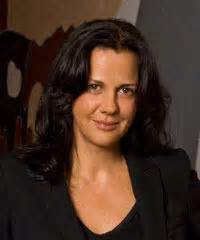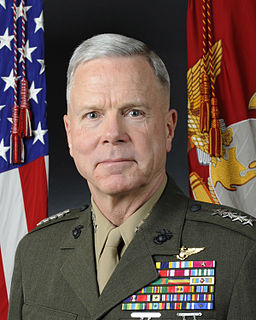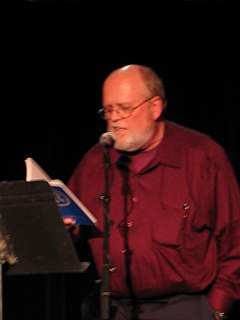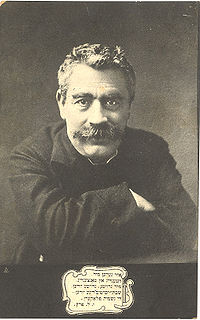A Quote by Phil Klay
When I was in Marine training I memorised 'The Waste Land,' which was a significant experience in terms of really breaking apart language and thinking about how the different voices in that poem function.
Related Quotes
There is all this stuff about how sensitive poets are and how in touch with feelings, etc. they are, but really all we care about is language. At least in the initial stages of the process of writing the poem, though later other things start to come in, and a really good poem usually needs something more than just an interest in the material of language to mean anything to a reader.
So what is the Dreaming? I would say the Dreaming is a non-indigenous term used in its broadest sense to describe the stories of our ancestors and how they shaped the land and how they are still part of the land... Across Aboriginal Australia there are as many different terms for Dreaming as there are language groups
A Marine is a Marine. I set that policy two weeks ago - there's no such thing as a former Marine. You're a Marine, just in a different uniform and you're in a different phase of your life. But you'll always be a Marine because you went to Parris Island, San Diego or the hills of Quantico. There's no such thing as a former Marine.
Since the election [of Donald Trump], I've been thinking about a lot of theory. Lots of [Michel] Foucault and [Karl] Marx, thinking about different systems, thinking about power. Trying to figure out what I can take and learn from history as a tool for getting through whatever is happening right now, which feels very significant and major.
The one thing about kids is that you never really know exactly what they're thinking or how they're seeing. After writing about kids, which is a little bit like putting the experience under a magnifying glass, you realize you have no idea how you thought as a kid. I've come to the conclusion that most of the things that we remember about our childhood are lies. We all have memories that stand out from when we were kids, but they're really just snapshots. You can't remember how you reacted because your whole head is different when you stand aside.
I tend to learn things physically - I guess it's my dance training. I never want to make too many choices too soon - so, while I am thinking about the character and thinking about her history, which is very vague in terms of what is given in the text, I am starting to have ideas about what her home is.
The question arose, how would the communities manage this land on their own. That's why the Communal Land Rights Bill then borrows an institution that is set up in terms of the role and function and powers of the institutional traditional leadership ( borrows that committee and uses that committee).
[On The Waste Land:] Various critics have done me the honor to interpret the poem in terms of criticism of the contemporary world, have considered it, indeed, as an important bit of social criticism. To me it was only the relief of a personal and wholly insignificant grouse against life; it is just a piece of rhythmical grumbling.
Yiddish, the language which will ever bear witness to the violence and murder inflicted on us, bear the marks of our expulsions from land to land, the language which absorbed the wails of the fathers, the laments of the generations, the poison and bitterness of history, the language whose precious jewels are the undried, uncongealed Jewish tears.
I've been really happy to be in that conversation with Scott [Derrickson] for a few months now. We started chewing this cud a while ago. He is, as you probably know, an extremely erudite thinker in terms of religious philosophy and just thinking about a modern take on something really, really ancient, about how to imagine living beyond any physical bounds, which we're on the verge of now.






































